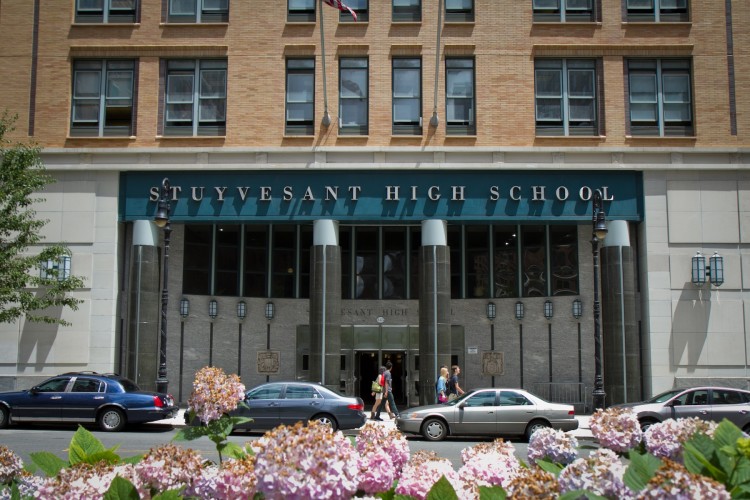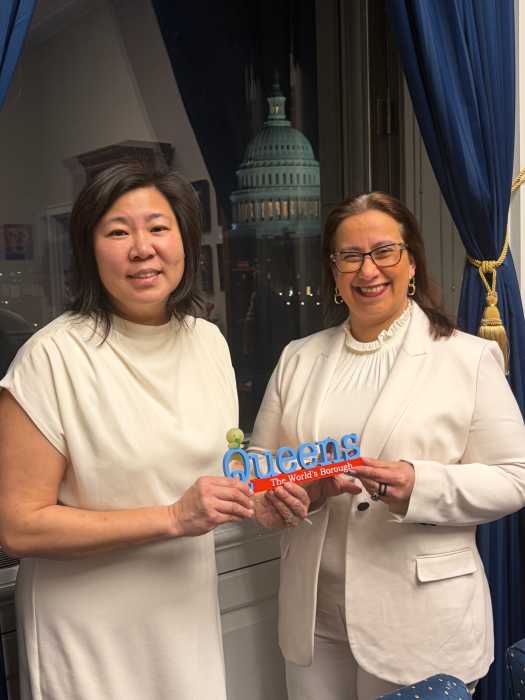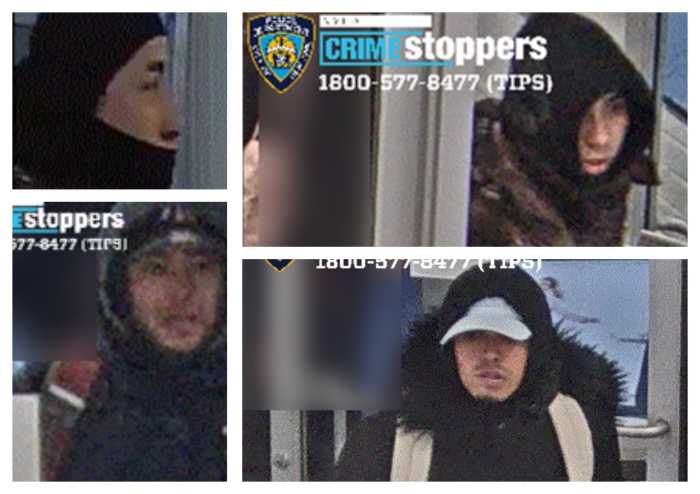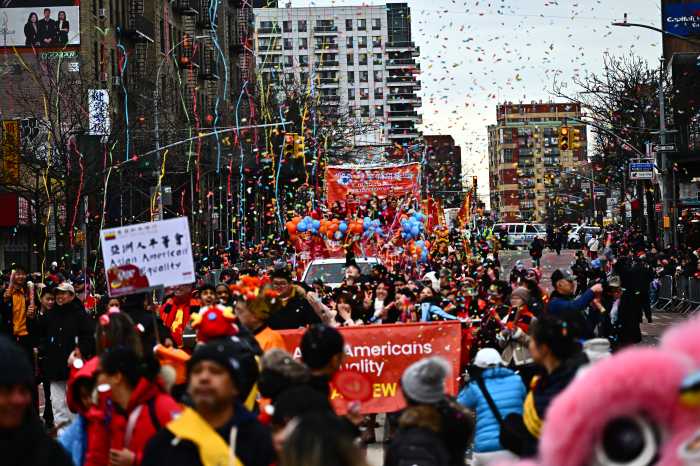
Stuyvesant High School, one of the city’s eight specialized high schools. (Wikimedia)
May 10, 2019 By Laura Hanrahan
Congresswoman Grace Meng submitted written testimony earlier today to the the New York State Assembly’s Standing Committee on Education, strongly rebuking Mayor Bill de Blasio’s plan to eliminate the Specialized High School Admission Test (SHSAT).
Meng, who represents central Queens, called the exam a “clear, level playing field”—a stark contrast to de Blasio’s claims that the exam is biased against black and latino students who comprise only 10 percent of the SHS population but 70 percent of the public school population citywide.
“The SHSAT was not designed with specific community groups in mind, nor is it biased toward certain students,” Meng said. “Over half the students in these schools are from working families and are eligible for free or reduced lunch on account of their economic background. Ultimately, the SHSAT measures academic readiness without personal opinions, connections, and biases from influencing the admissions process.”
Elimination of the test would require Albany to pass new law.
The SHSAT is currently used to determine admission to the city’s eight specialized high schools. Rather than admitting the top test scorers overall, de Balsio wants the top students from each of the city’s middle schools to be selected. The mayor said it will providing more opportunities to traditionally disadvantaged youth.
Currently, the specialized schools’ population is approximately 29 percent white and 51 percent Asian. Under de Blasio’s new plan 45 percent of SHS offers would go to black and Latino students. Students residing in the Bronx would receive four times more offers than they have in the past.
De Blasio’s plan has spurred outrage in Asian-American communities who feel that the new criteria is discriminatory against Asian students.
Grace Meng (Photo: Meng)
“I was further struck by Chancellor Carranza’s lack of engagement with the Asian American community prior to the proposal’s unveiling and his continuous disparaging statements,” Meng said. “His comments about one ethnic group owning admission to specialized high schools are false and insulting, and the Asian American community should not be treated as if they are gaming the system.”
Rather than eliminate the test, Meng called for more investments to be made in the city’s elementary and middle schools, including strengthening the curriculum, so that students can be better prepared to take the SHSAT.
“The focus should be on how to lift students from all backgrounds to succeed,” Meng said. “Lowering the criteria and broadening the admissions process does not guarantee student success. The goal is not only to diversify admissions into these schools, but to ensure the continued success at all schools in New York City.”
In her testimony, Meng also called for access to free SHSAT tutoring and test prep for all students.
“More resources must be devoted to increasing the number of students from all communities to access the free test-prep programs,” Meng said. “If a greater percentage of SHSAT are currently Asian Americans, we should work collaboratively to increase participation across all demographics and devote money and resources to the communities we want to lift up.”


































